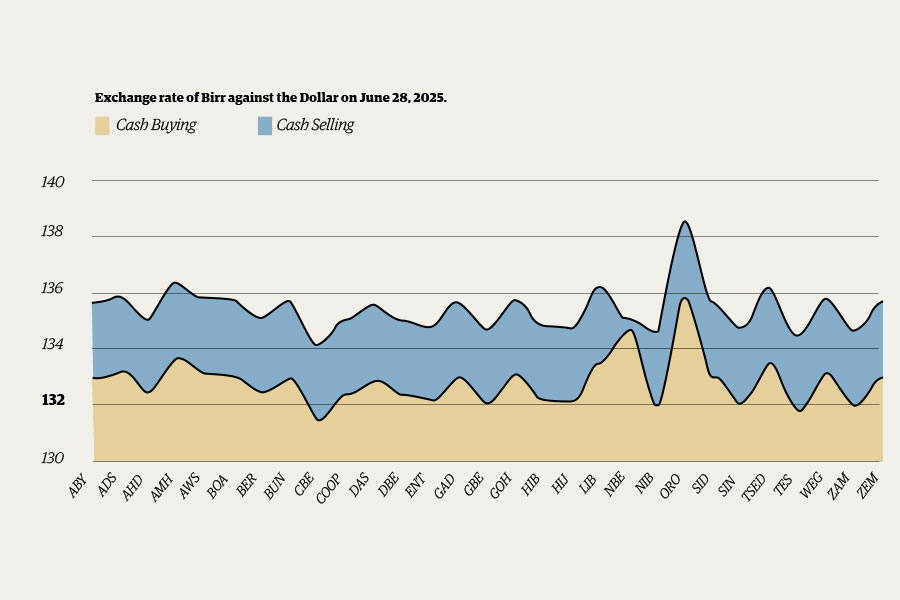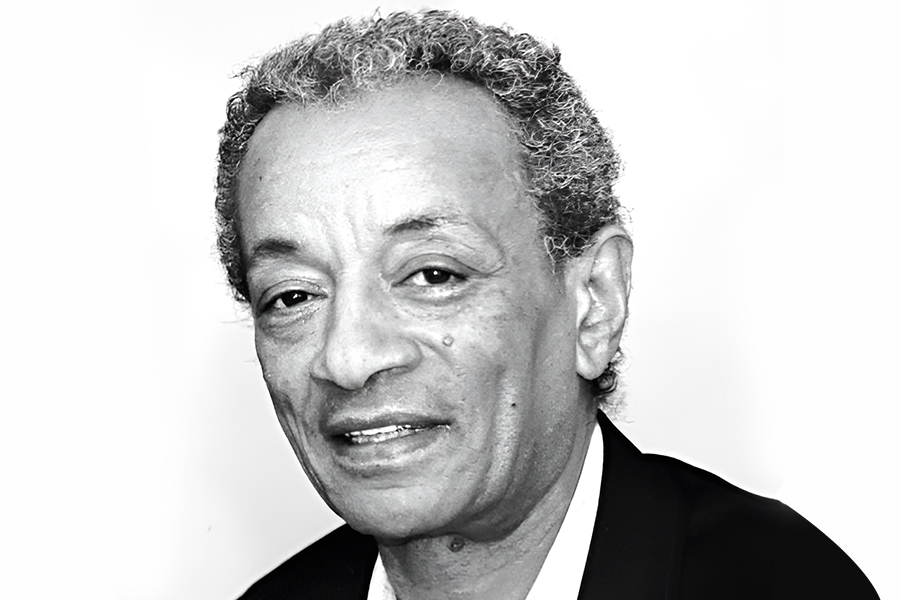
Federal officials are eyeing fresh port alternatives, with recent missions to Somaliland and Kenya, as landlocked Ethiopia’s trade hinges on the ports of Djibouti.
High-ranking officials of the Ministry of Transport & Logistics (MoTL), including Minister Alemu Sime (PhD), and Abdulber Shemsu, the chief of the Ethiopian Maritime Authority, conducted site visits to Berbera in Somaliland and Lamu in Kenya last week.
“Diversifying transit options is paramount for Ethiopia’s trading ambitions,” said Yirga Tadesse, head of the Logistics Regulatory Service at the Ministry.
The renewed move attempts to bolster the country’s faltering logistics performance ranking, currently at 112th. The need to access additional logistics corridors marks a deliberate effort to reduce Ethiopia’s reliance on the Djibouti corridor, which currently handles an overwhelming 95pc of its transits. Officials are increasingly wary of the recurrent security and infrastructural challenges that the route presents.
However, logistics pundits are cautiously optimistic.
Mathiwos Ensermu (PhD) is a lecturer at Addis Abeba University and a revered voice in logistics and supply chain analysis. He highlights the strategic value of this shift as a negotiation tool in future dealings with Djibouti but warns of the Port’s limitations.
“Berbera’s current technical capabilities may not allow for a full-scale pivot from the Djibouti corridor,” Mathiwos said. “Realistically, a 10pc transit shift would be a significant milestone.”
Berbera port, approximately 948Km from Addis Abeba, showcases significant development landmarks, having recently undergone a 442 million dollar upgrade financed by Dubai Ports World (DP World). Despite Ethiopia relinquishing its 19pc stake last year, the Port’s improvements bode well for its capacity to facilitate large-scale trade. DP World’s 51pc port ownership signifies Berbera’s strategic importance in the broader Horn of Africa region.
Its new infrastructural upgrade, which includes three ship-to-shore (STS) gantry cranes and a modern container yard, allows the Port to handle up to half a million 20ft equivalent units annually. These developments, coupled with DP World’s billion-dollar investment and CDC Group’s commitment of nearly 320 million dollars, with plans to invest 400 million dollars further, show a determined faith in Berbera’s potential.
Another beacon of optimism is the burgeoning Berbera Economic Zone (BEZ), which sits a mere 15Km from the Port and swiftly becomes a magnet for international logistics entities. The latest entrant to the BEZ is the London-based ALS Worldwide Group, a logistics behemoth with operations in Djibouti and Ethiopia. Its primary expertise lies in transporting oil, gas, and construction materials across countries.
Dale Calkeld, managing director of ALS, commands over four decades of experience in logistics. A former associate of the Steder Group, which played a crucial role in delivering transformers to the Great Ethiopian Renaissance Dam (GERD), Calkeld established ALS with a modest half-million-dollar capital which has since burgeoned to 2.5 million dollars.
Calkeld underscored the appeal of the Berbera Port, asserting that the road from Berbera Port to Ethiopia’s border town of Tog-Waajale (Togochale) took only three hours.
“Our interest in Berbera isn’t merely its efficiency,” he told Fortune. “It’s potential to provide a safer and more reliable alternative to the issues plaguing the Ethio-Djibouti corridor.”
Calkeld envisions the Berbera route as a game changer for Ethiopia’s logistics. His company, with 45 employees, plans to procure 100 freight trucks in the next three months.
Not everyone, however, shares Calkeld’s enthusiasm.
Abinet Belay, a project manager at the Ethiopian Logistics Sectoral Association (ELSA), views the distance of the Berbera Port from Ethiopia’s central regions as a logistical challenge. Yet, Abinet concedes that if Berbera primarily serves eastern regional states, it may offer a viable alternative, especially for humanitarian and aid agencies. Her optimism is contingent on the competition.
“With Ethiopia no longer tethered solely to Djibouti, there’s hope that the urgency to revamp the existing route will intensify,” she said. “Competition, after all, is a potent catalyst for improved service.”
A recent study illuminates the cost of complacency. The Ethio-Djibouti corridor’s shortcomings have reportedly drained Ethiopia of potential annual economic gains to the tune of 5.6 billion Br. Cross-border drivers, the lifeline of Ethiopia’s trade, constantly grapple with concerns over the safety of their vehicles and, more crucially, their lives.
Long-haul driver Kedir Faris, with over three decades on the road, shared his preference for the Berbera corridor, despite its extended route. His endorsement is rooted in safety and optimism about the corridor’s potential to attract more traffic. He did, however, voice concerns.
“The curvey roads around Harergie,” he told Fortune.
PUBLISHED ON
Aug 21,2023 [ VOL
24 , NO
1217]

Fortune News | May 18,2024

Radar | Aug 08,2020

Viewpoints | Sep 20,2025

Money Market Watch | Jul 06,2025

Obituary | Sep 14,2024

Dec 22 , 2024 . By TIZITA SHEWAFERAW
Charged with transforming colossal state-owned enterprises into modern and competitiv...

Aug 18 , 2024 . By AKSAH ITALO
Although predictable Yonas Zerihun's job in the ride-hailing service is not immune to...

Jul 28 , 2024 . By TIZITA SHEWAFERAW
Unhabitual, perhaps too many, Samuel Gebreyohannes, 38, used to occasionally enjoy a couple of beers at breakfast. However, he recently swit...

Jul 13 , 2024 . By AKSAH ITALO
Investors who rely on tractors, trucks, and field vehicles for commuting, transporting commodities, and f...

Oct 25 , 2025
The regulatory machinery is on overdrive. In only two years, no fewer than 35 new pro...

Oct 18 , 2025
The political establishment, notably the ruling party and its top brass, has become p...

Oct 11 , 2025
Ladislas Farago, a roving Associated Press (AP) correspondent, arrived in Ethiopia in...

Oct 4 , 2025
Eyob Tekalegn (PhD) had been in the Governor's chair for only weeks when, on Septembe...